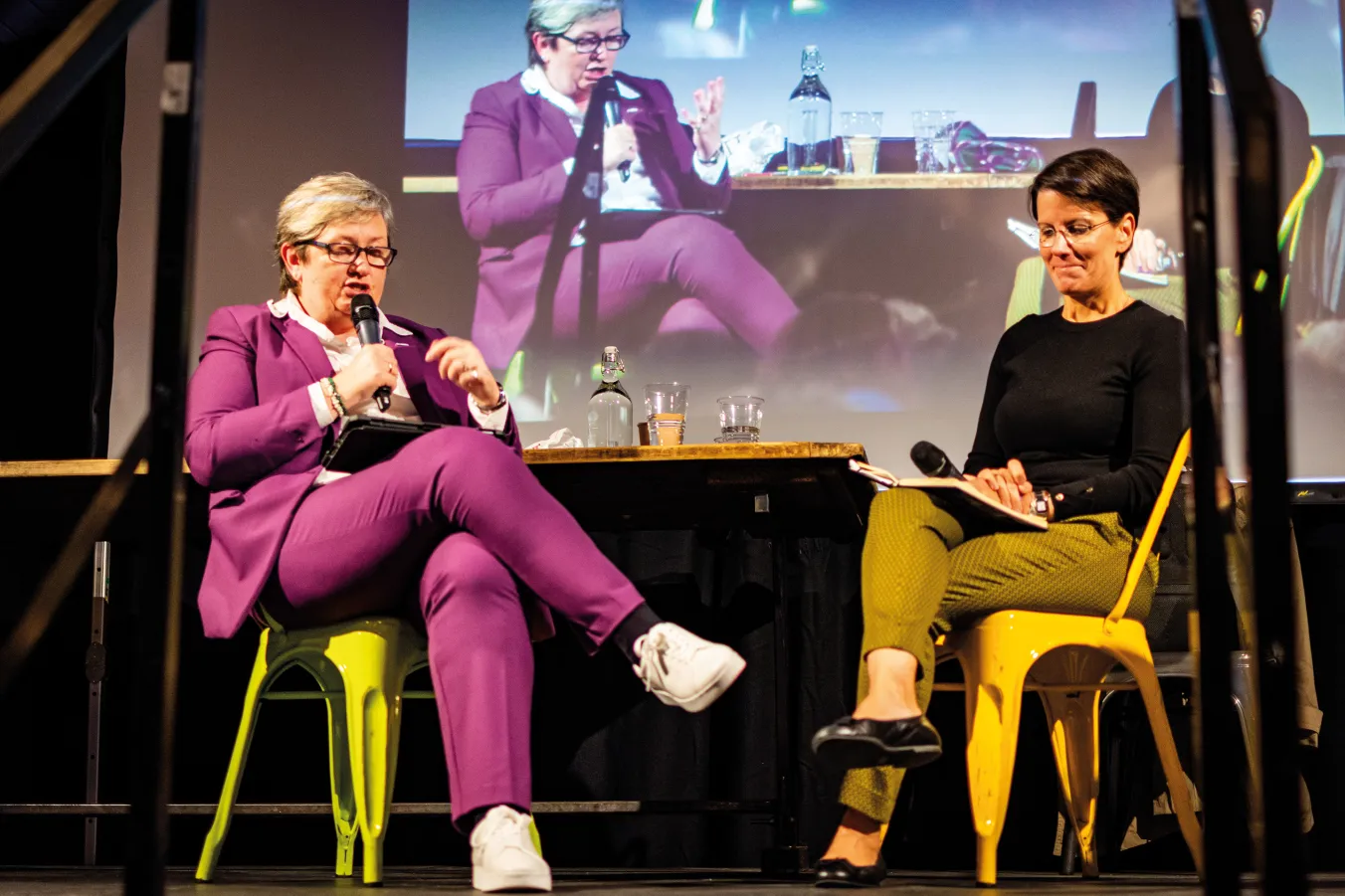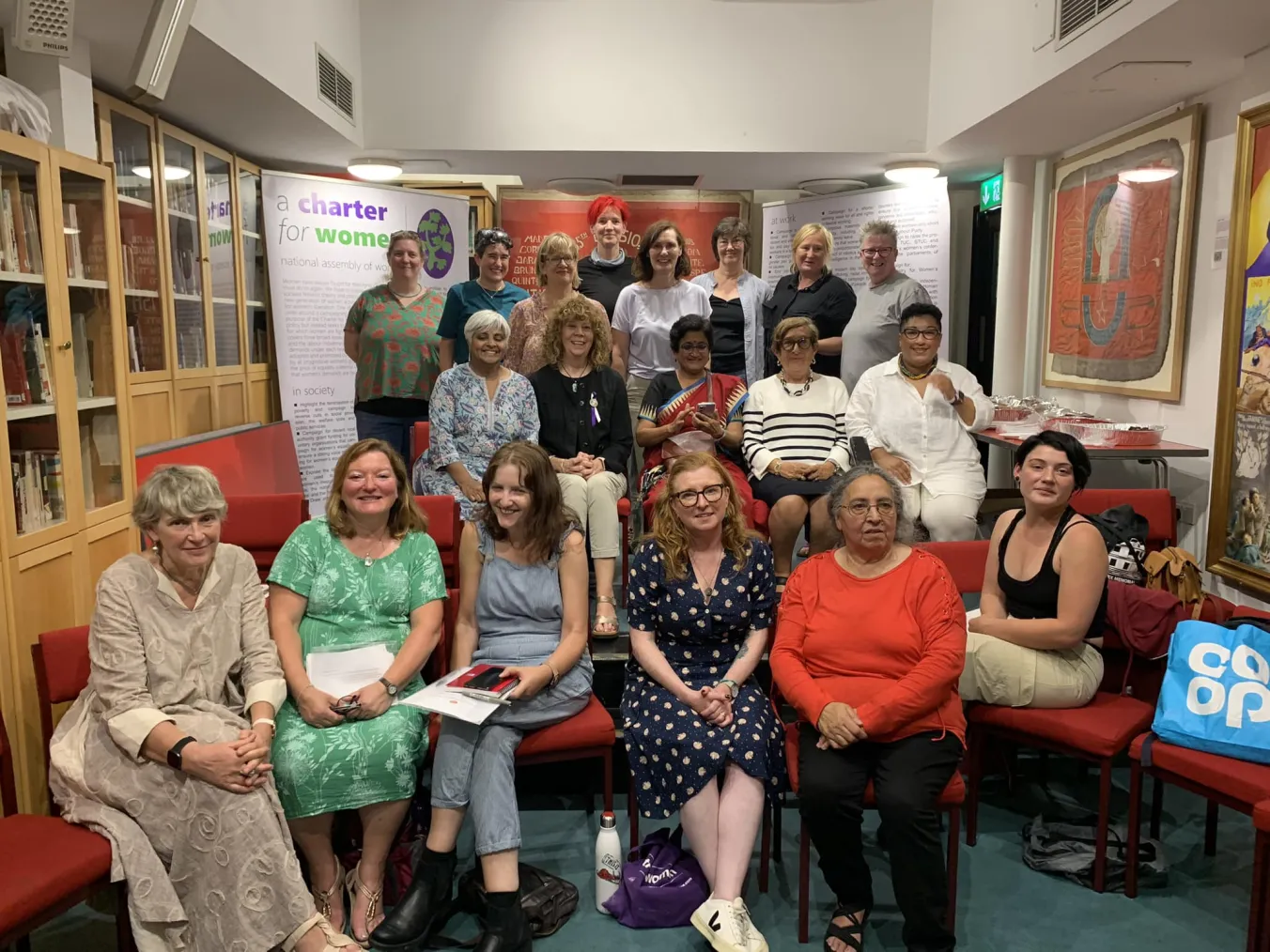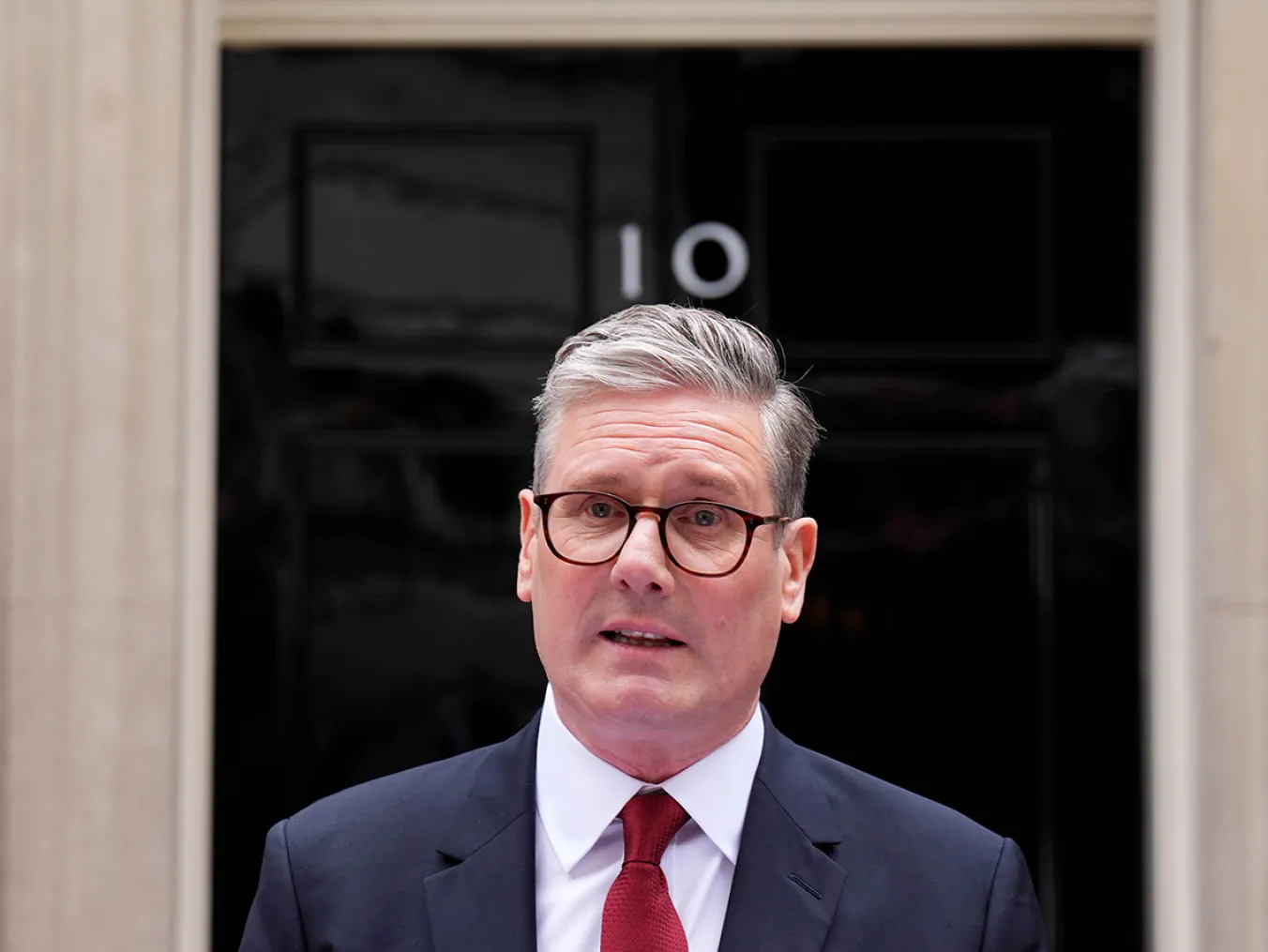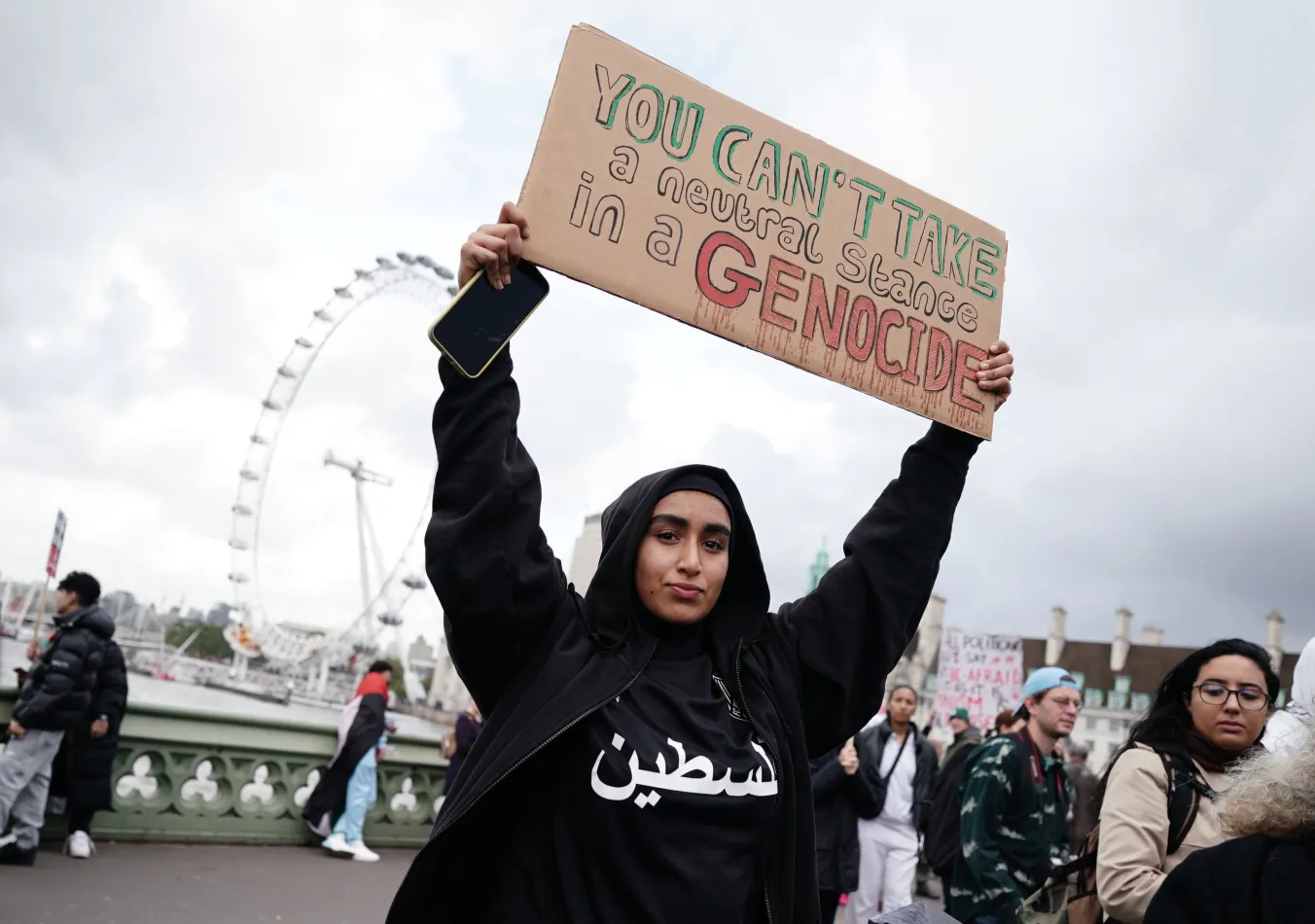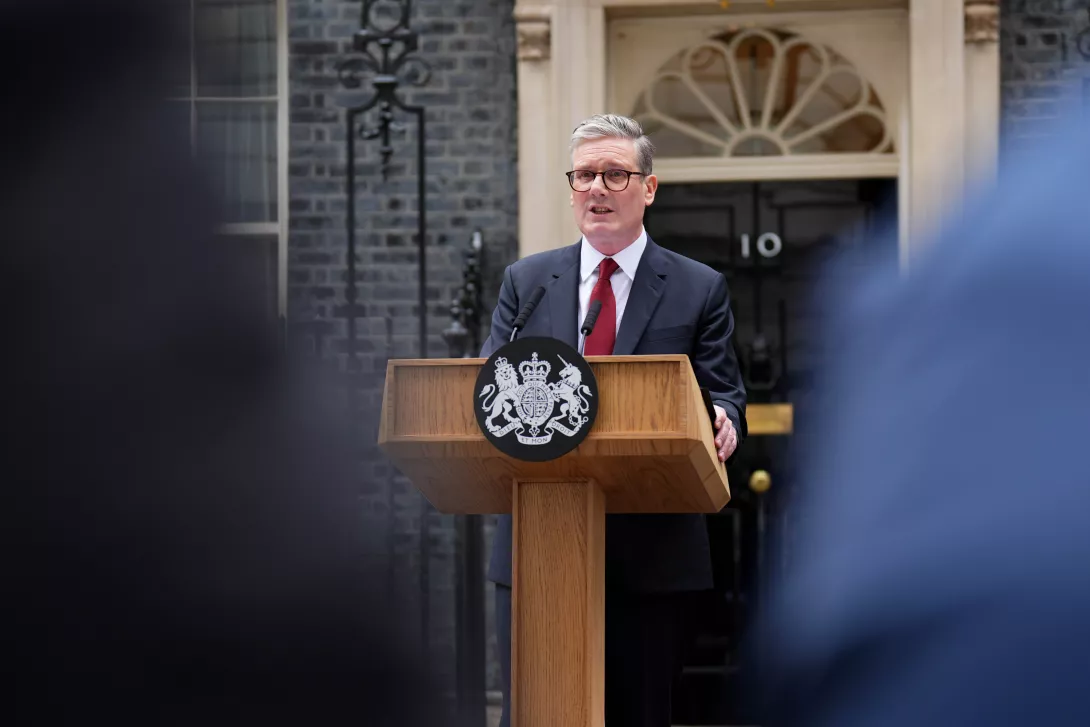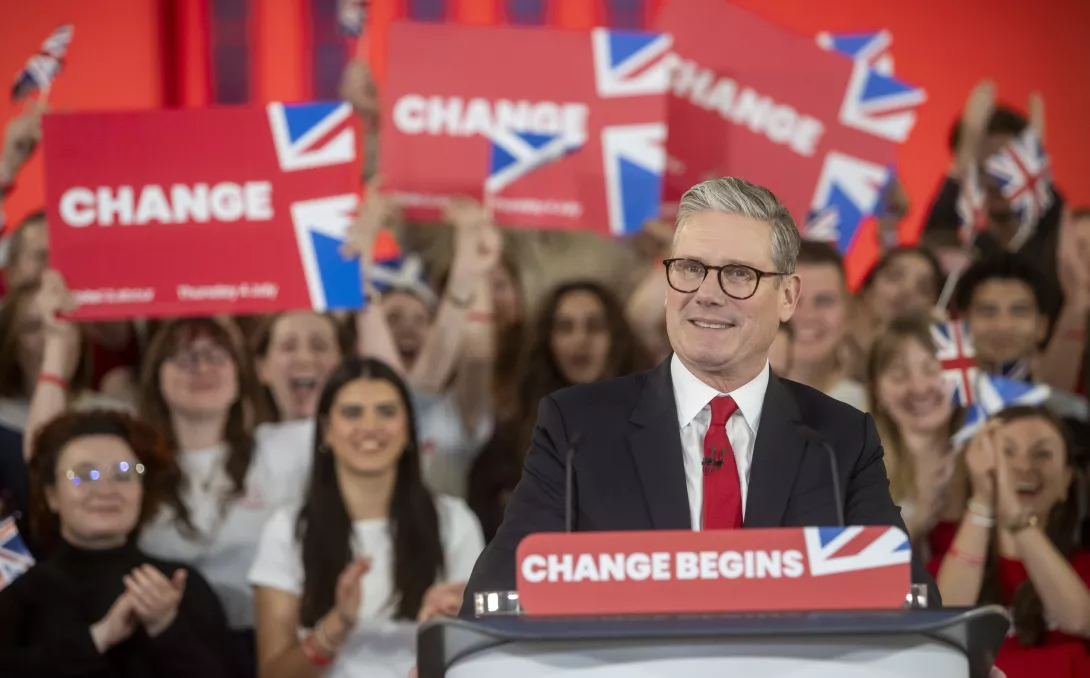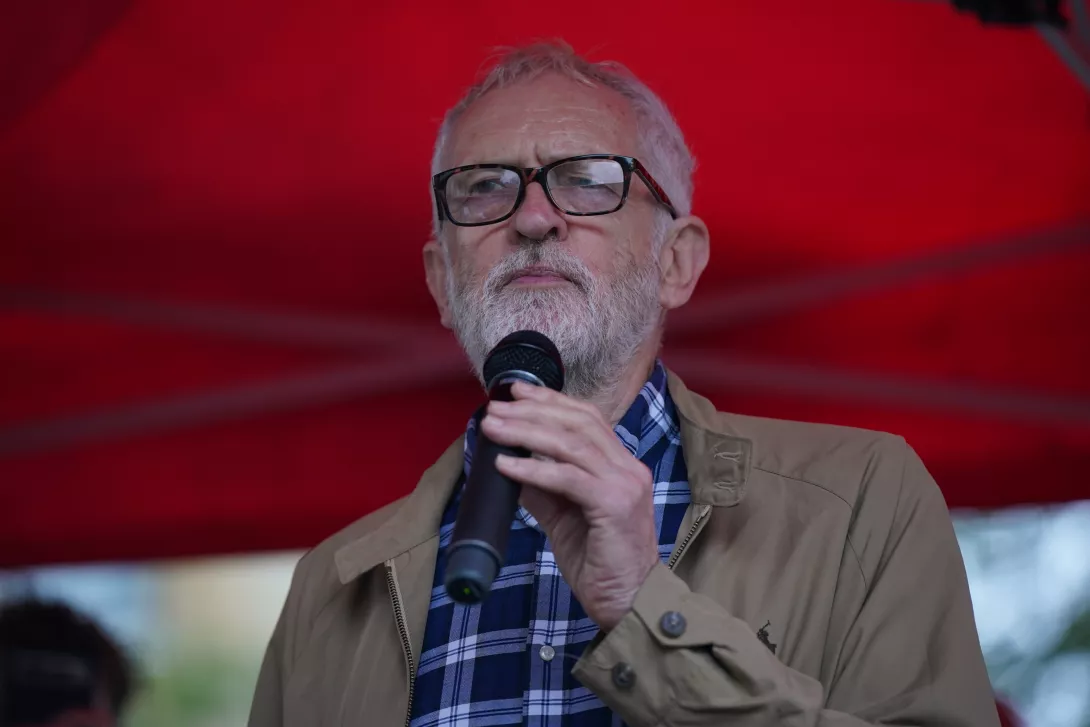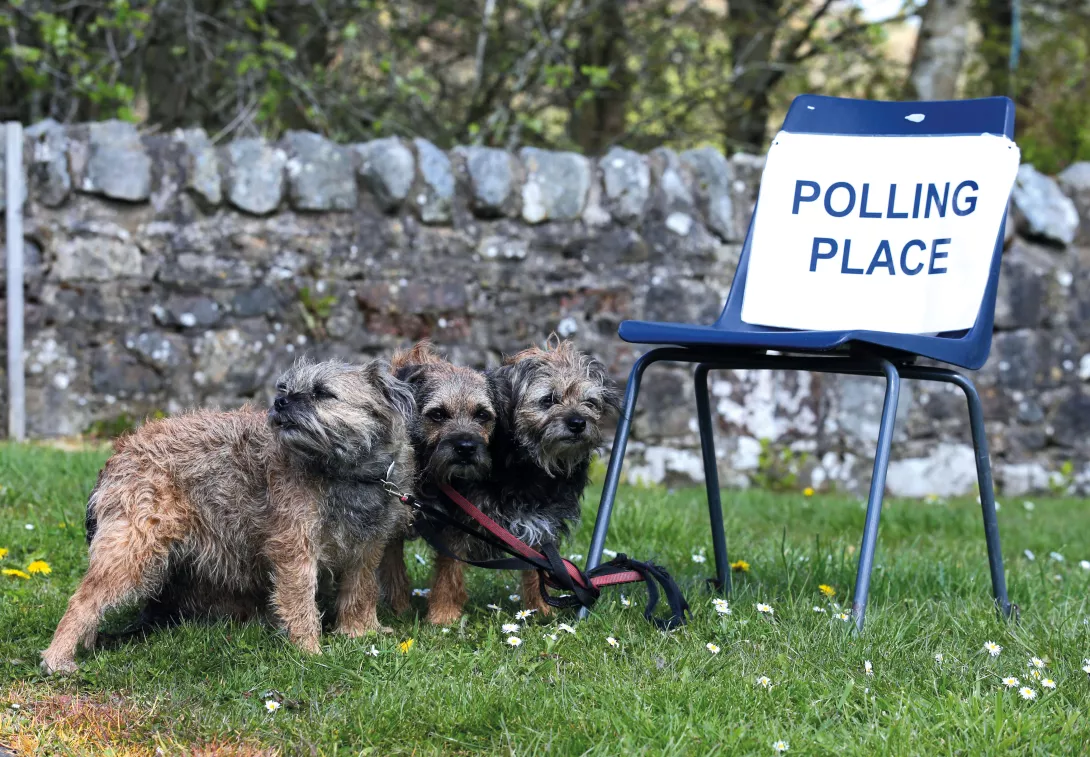
AFTER more than 40 years of political activism, mostly within the Labour Party, it saddens me to admit that the 2024 UK general election is affecting me like a bored car-sick child on a long motorway journey.
Of course, I want the Tories out. Of course I want a Labour government, but the current leadership, even while riding so high in the polls, does little to inspire me with confidence that they will bring about the fundamental change so desperately needed by the working class. I know I am not alone.
Sunday’s BBC News headlines read: “Labour pledges 20,000 more prison places while the Tories promise £730 million for mental health services.” The devil is always in the detail, but at time of writing, Labour is unlikely to release its manifesto until Thursday, two days after the Tories.
Over the weekend, Unite, Labour’s biggest affiliate, refused to back Keir Starmer’s draft manifesto, and threatened to withdraw funding. Fire Brigade Union general secretary Matt Wrack added that there would be no free pass on workers’ rights for Starmer, if he wins the election, and even the usually loyal GMB pledged to hold the next Labour government to account on its promise to strengthen workers’ rights.
My own union, the Public and Commercial Services Union (PCS), having had a major input to shaping the Corbyn leadership manifesto on welfare, taxation and public services, as a non-affiliate, has not even received a response from Starmer to an offer from our new general secretary Fran Heathcote, on taking office earlier this year, to discuss civil and public services.
That said, Starmer never met Mark Serwotka either. They choose at their peril not to listen to the largest government workers’ union, that continues to have a live mandate for industrial action across 62 government employers on pay, jobs and pensions.
The Institute of Government’s report on Civil Service pay released on Monday was a damning verdict, finding poorly paid civil servants are suffering low morale and leaving in droves.
Will a Labour government learn from the failures of the last 14 years and ensure that civil servants feel valued for their hard work with pay increases that keep up with the cost of living and solve the worsening recruitment and retention crisis?
There is a unified view across the left that in addition to workers’ rights, fair pay, tax justice and reinvestment in the welfare state and the NHS, there is also an absolute determination and demand that Starmer gains a backbone in looking at Britain’s role in the global injustices we face and to stop the wars, whether it be Gaza or Ukraine. And of course, respect human rights and bring justice to asylum-seekers seeking refuge in Britain. We need a definitive end to the disgraceful and disastrous Tory Rwanda policy.
With Labour running high in the polls, it is also concerning that it may sidestep their commitment to electoral reform, if the first past the post system gets Labour elected on this occasion.
Politics for the Many, the trade union campaign for electoral reform has been working within unions and the party for years now and achieved overwhelming support from CLPs and the majority of union affiliates for this change.
The watering-down of this commitment in the manifesto, along with the reform of the House of Lords would be absolute treachery and unforgivable to many party members and trade unionists who have fought hard to build support for greater democracy. There is also a growing worry that the approach to enhanced devolution advocated by the Red Paper Collective will be shelved, if Labour wins more seats back from the SNP.
Then it comes to who to vote for. Even within the current electoral system, it is no longer a straightforward binary class division of Labour or Tory.
Here in Scotland, there are seats, such as Glasgow South West, where the sitting SNP MP, Chris Stephens is demonstratively to the left and has stronger links to our movement than the Labour challenger. Stephens took over from John McDonnell MP as chair of the PCS parliamentary group when first elected, and has been a champion for our members causes, from every part of the UK.
In certain seats, south of the border, high-profile independent candidates will deservedly garner the left vote. Following the disgraceful exclusion of Jeremy Corbyn and Fazia Shaheen, among others, the party has not covered itself in glory.
So much so that when the Scottish Tories last week deselected Aberdeenshire North and Moray East candidate David Duguid on the grounds of his ill-health, without his knowledge and imposed Scottish Tory leader Douglas Ross, it was difficult for Scottish Labour to criticise, as it appears straight out of Starmer’s playbook.
Back in my hometown at the weekend, the annual Leith Gala saw in addition to the usual charity tombola, organic fudge and homemade soap stalls, the political parties descending on Leith Links to win voters.
I spoke to Labour comrades backing Tracy Gibert (who is also Usdaw’s Scottish secretary), and comrades supporting the progressive sitting SNP MP Deirdre Brock. I took a leaflet and had a chat with CPB candidate Richard Shillock.
Then I bumped into an old comrade who is currently politically homeless, faced with this Leith voting dilemma, who asked: “So, what does a lefty to do?” I shrugged and wanted to call out: “Are we nearly there yet, Mum? I need the toilet!”
I will vote. We all will. However, we must be firm in our resolve to make sure that the next government is not merely Tory-light. We have a duty to our class.
Lynn Henderson is the chair of Politics for the Many, a trustee of the Jimmy Reid Foundation (Scottish left-wing think tank) and a senior national officer at the Public and Commercial Services Union.

